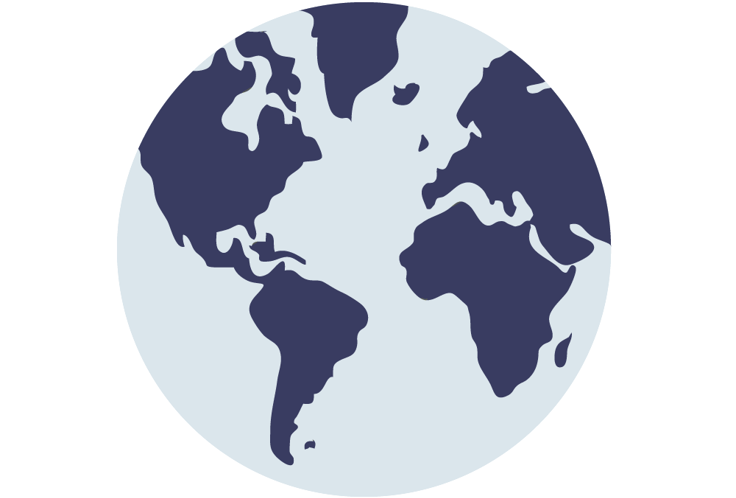Travel health advice
This service provides an overview of current travel vaccine advice and how to prevent infections. The countries found here are based on the Ministry of Foreign Affairs' list of countries with which Norway has diplomatic relations.
The recommendations and advice on this page can never replace a medical consultation.
Where are you travelling?
- Search found no travel destinations
- Algeria
- Angola
- Benin
- Botswana
- Burkina Faso
- Burundi
- Cabo Verde
- Cameroon
- Ceuta and Mellila
- Chad
- Comoros
- Côte d'lvoire
- Djibouti
- Egypt
- Equatorial Guinea
- Eritrea
- Eswatini
- Ethiopia
- Gabon
- Gambia
- Ghana
- Guinea
- Guinea-Bissau
- Kenya
- Lesotho
- Liberia
- Libya
- Madagascar
- Malawi
- Mali
- Mauritania
- Mauritius
- Mayotte
- Morocco
- Mozambique
- Namibia
- Niger
- Nigeria
- Réunion
- Rwanda
- Saint Helena
- Sao Tome and Principe
- Senegal
- Seychelles
- Sierra Leone
- Somalia
- South Africa
- South Sudan
- Sudan
- Tanzania
- The Central African Republic
- The Democratic Republic of Congo
- The Republic of the Congo
- Togo
- Tunisia
- Uganda
- Zambia
- Zimbabwe
- Afghanistan
- Armenia
- Azerbaijan
- Bahrain
- Bangladesh
- Bhutan
- Brunei Darussalam
- Cambodia
- China
- East Timor
- Georgia
- India
- Indonesia
- Iran
- Iraq
- Israel
- Japan
- Jordan
- Kazakhstan
- Kuwait
- Kyrgyzstan
- Laos
- Lebanon
- Malaysia
- Maldives
- Mongolia
- Myanmar
- Nepal
- North Korea (the Democratic People's Republic)
- Oman
- Pakistan
- Palestine
- Philippines
- Qatar
- Saudi Arabia
- Singapore
- South Korea
- Sri Lanka
- Syria
- Tajikistan
- Thailand
- Turkmenistan
- United Arab Emirates
- Uzbekistan
- Vietnam
- Yemen
- Albania
- Andorra
- Austria
- Belarus
- Belgium
- Bosnia and Herzegovina
- Bulgaria
- Canary Islands
- Croatia
- Cyprus
- Czechia
- Denmark
- Estonia
- Faroe Islands
- Finland
- France
- Germany
- Gibraltar
- Greece
- Hungary
- Iceland
- Ireland
- Italy
- Kosovo
- Latvia
- Liechtenstein
- Lithuania
- Luxembourg
- Malta
- Moldova
- Monaco
- Montenegro
- Netherlands
- North Macedonia
- Norway
- Poland
- Portugal
- Romania
- Russia
- San Marino
- Serbia
- Slovakia
- Slovenia
- Spain
- Sweden
- Switzerland
- Turkey
- Ukraine
- United Kingdom of Great Britain and Northern Ireland (the)
- Anguilla
- Antigua and Barbuda
- Aruba
- Bahamas
- Barbados
- Belize
- Bermuda
- Bonaire, Sint Eustatius and Saba
- British Virgin Islands
- Canada
- Cayman Islands
- Costa Rica
- Cuba
- Curaçao
- Dominica
- Dominican Republic
- El Salvador
- Greenland
- Grenada
- Guadeloupe
- Guatemala
- Haiti
- Honduras
- Jamaica
- Martinique
- Mexico
- Montserrat
- Nicaragua
- Panama
- Puerto Rico
- Saint Barthélemy
- Saint Kitts and Nevis
- Saint Lucia
- Saint Martin (French part)
- Saint Pierre and Miquelon
- Saint Vincent and the Grenadines
- Sint Maarten (Dutch part)
- Trinidad and Tobago
- Turks and Caicos Islands
- Unites States Virgin Islands
- USA (United States of America)
- American Samoa
- Australia
- Christmas Island
- Cocos (Keeling) Islands
- Cook Islands
- Fiji
- French Polynesia
- French Southern Territories
- Guam
- Heard Island and McDonald Islands
- Kiribati
- Marshall Islands
- Micronesia
- Nauru
- New Caledonia
- New Zealand
- Niue
- Norfolk Island
- Northern Mariana Islands
- Palau
- Papua New Guinea
- Pitcairn
- Samoa
- Solomon Islands
- Tokelau
- Tonga
- Tuvalu
- United States Minor Outlying Islands (the)
- Vanuatu
- Wallis and Futuna Islands


